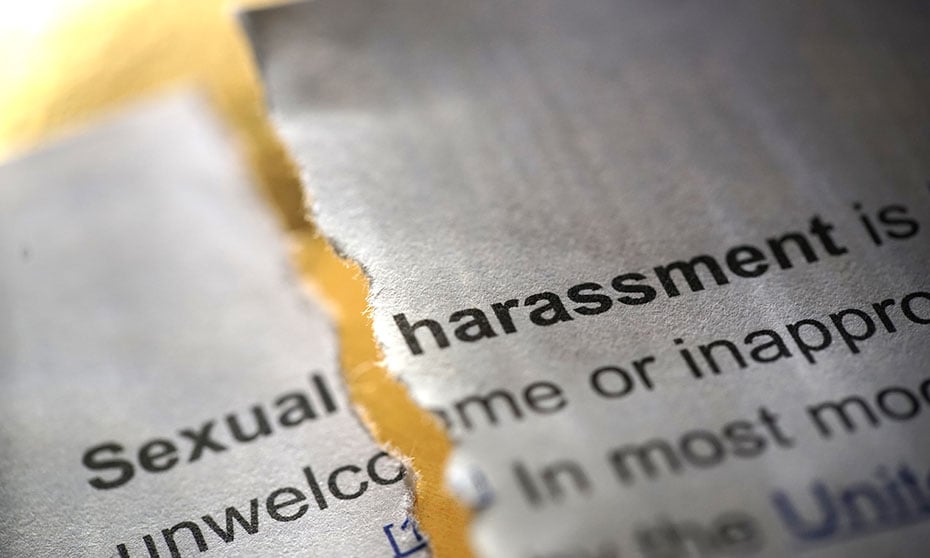
The court highlighted recommendations by the complainants that it is taking action on

The High Court of Australia has confirmed the claims of sexual harassment made against former justice Dyson Heydon following the results of an inquiry.
The court began conducting an investigation after two former judges’ associates informed Chief Justice Susan Kiefel in March 2019 that they had experienced harassment at the hands of Heydon, reported the Sydney Morning Herald. The investigation was headed by Dr Vivienne Thom, who interviewed a number of witnesses that included former associates over several months.
On receiving Thom’s findings, Kiefel said in a statement issued on Monday that she found them “of extreme concern to me, my fellow justices, our chief executive and the staff of the court.”
“We're ashamed that this could have happened at the High Court of Australia. We have made a sincere apology to the six women whose complaints were borne out. We know it would have been difficult to come forward. Their accounts of their experiences at the time have been believed,” she said.
Kiefel added that the women she spoke to shared insights on their experiences and suggested changes to the court. She highlighted six recommendations that have been adopted and acted upon:
“We have moved to do all we can to make sure the experiences of these women will not be repeated. There is no place for sexual harassment in any workplace,” Kiefel said. “We have strengthened our policies and training to make clear the importance of a respectful workplace at the court and we have made sure there is both support and confidential avenues for complaint if anything like this were to happen again.”
Law Council of Australia President Pauline Wright applauded the court’s action on the matter, particularly its commitment to acting on the recommendations.
“The Law Council believes that all employers have a duty to eliminate sex discrimination, sexual harassment and victimisation in the workplace. It is pleasing that the High Court dealt with the allegations of sexual harassment in a timely and appropriate manner, by commissioning an independent inquiry,” she said. “There is no excuse for the behaviour the inquiry found to have been exhibited by the Hon Dyson Heydon, AC, QC in relation to the six female complainants.”
Women Lawyers Association ACT President Danielle Mildren said that “an industry-wide approach” is necessary in approaching the issue of sexual harassment in the profession, as many female lawyers in the ACT who have suffered the same treatment have kept silent due to “the power imbalance between the perpetrator and the complainant, as well as the very real fear of damaging their career prospects.”
The Law Society of NSW and the NSW Bar Association also issued statements of support in response to the High Court’s announcement.
“It is incumbent on all members of the legal profession to remain vigilant and take a position of leadership to work actively to eradicate sexual harassment, and all other forms of discrimination and bullying, from our workplaces and profession,” said NSW Bar Association president Tim Game.
“The Law Society of NSW is committed to ensuring that everyone in the profession is aware of the steps that can be taken if someone is subjected to harassment, bullying or inappropriate behaviour in the workplace,” Law Society of NSW President Richard Harvey said. “Everyone has the right to a safe place of work.”